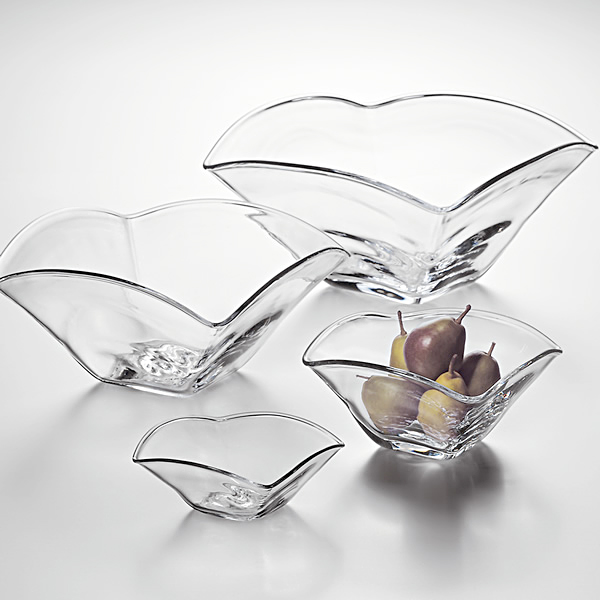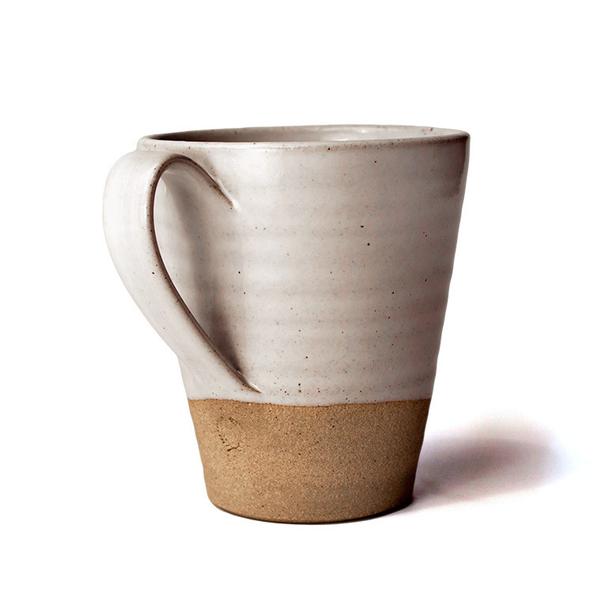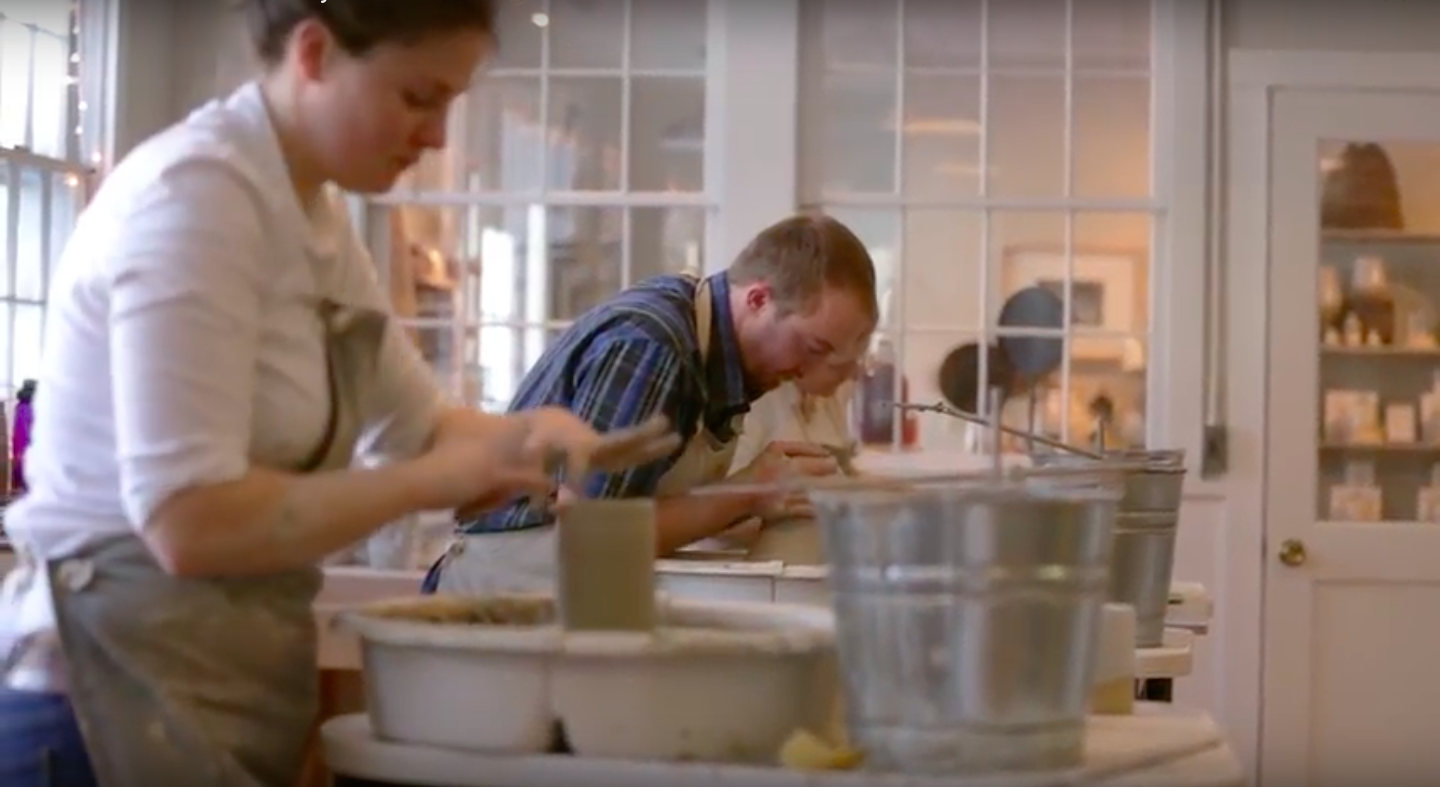Have you ever wanted to just leave the city?
You’re sick and tired of it all and can’t do another conference call. So you drive, drive, drive. All of a sudden, there are no more billboards. No more big box stores. No more fast food joints.

Just trees, trees, and more trees. An occasional farm or cow dots the horizon.

You slow down for a covered bridge, then another one.

Finally you pull into a town. Instead of strip malls, though, you find a little town center with Colonial-era buildings greeting you as they once did George Washington. A farmer’s market is in full swing. Today’s specials: locally made cheese.

Fantasy?
No, Vermont.
One of our smallest and most rural states, Vermont is almost a picture-perfect version of what America might have been like, before the factories, strip malls, and Walmarts. Here you can still find country roads lined with just maple trees, little towns gathered around a picturesque square, and family farms that bring their produce to market every Sunday. And in our age of industrial manufacturing, Vermont has led a revival in traditional hand-crafting.
One of the earliest pioneers is Simon Pearce, who returned to Vermont after studying glassmaking in Europe. In 1980, he set up a glassmaking factory right on the Queechee River, drawing on the river’s natural hydroelectric for power:

At the time the space was far too large for his needs, but Simon Pearce persevered. He insisted on the antithesis of mass production, so each piece was individually hand made. Where our culture modern wants identically perfect end products, he preached a new gospel: That our creations’ imperfections were beautiful. That “the human creates perfect imperfections.”

Today, a younger generation of artisans is building on the same ideas that drove Simon Pearce. Zoe and James Zilian, former product and interior designers, apprenticed with Simon Pearce before settling down in Woodstock, Vermont to found Farmhouse Pottery. They and their team of 8 potters (anyone named Harry there?) now make stoneware pottery the old fashioned way — they hand shape them on a wheel and then bake them in an oven:

Now, I know what you’re thinking: Can I do this too? (I certainly did.)
Well, here’s the deal: Simon Pearce and Farmhouse Pottery might make artisan craftsmanship look like fun, but the what they do is serious stuff. This is not a hobby. To make Simon Pearce’s glass bowls requires skill, physical strength, and total concentration. Like Simon says, “You don’t want to take your eyes off molten glass for a moment”:

Farmhouse Pottery starts with a proprietary blend of American clay from Ohio, Massachusetts, Tennessee, and Georgia. It’s blended in Western Massachusetts and then delivered — by the ton. It’s then shaped on the potter’s wheel for up to 15 minutes with water from the local rivers and fired twice, at 1700 and 2300 degrees, and glazed with (you guessed it) a proprietary glaze. Their unique combination of materials gives the pottery their distinctive color and makes them durable.

Even more important than the materials, though, are the skills involved: Simon Pearce himself trained for many years in Europe as a glass maker. The Farmhouse potters started as apprentices to learn their craft and only became “Master Potters” after up to three years.

Finally, both Simon Pearce and Farmhouse Pottery have a distinctly modern look. While reviving the traditional techniques, they each have produced pieces that are streamlined and simple. Take a look at Simon Pearce’s Woodbury Glass Bowls, one of their most classic and enduring designs that’s celebrating its 25th anniversary this year:

Or the Tall Silo Mug by Farmhouse Pottery:

Their sleek, streamlined shapes make them a fit for our modern homes today. In place of traditional decorations, they emphasize the beauty of the natural materials and the imperfections of hand made pieces. Those imperfections, though, are precious because they show on an object made by a well-trained craftsman who has shaped them to an amazing level of precision.
So am are you ready to embrace this Vermont way of living — close to the farm, away from the big city, and working with my hands?
Maybe not.
Or maybe just not yet.
Meanwhile, I’m glad I can take a little bit of it with me, just to remember what it stands for, and hopefully help me find peace in the big city I live in.
See the latest dinnerware and gifts from Simon Pearce and Farmhouse Pottery.

